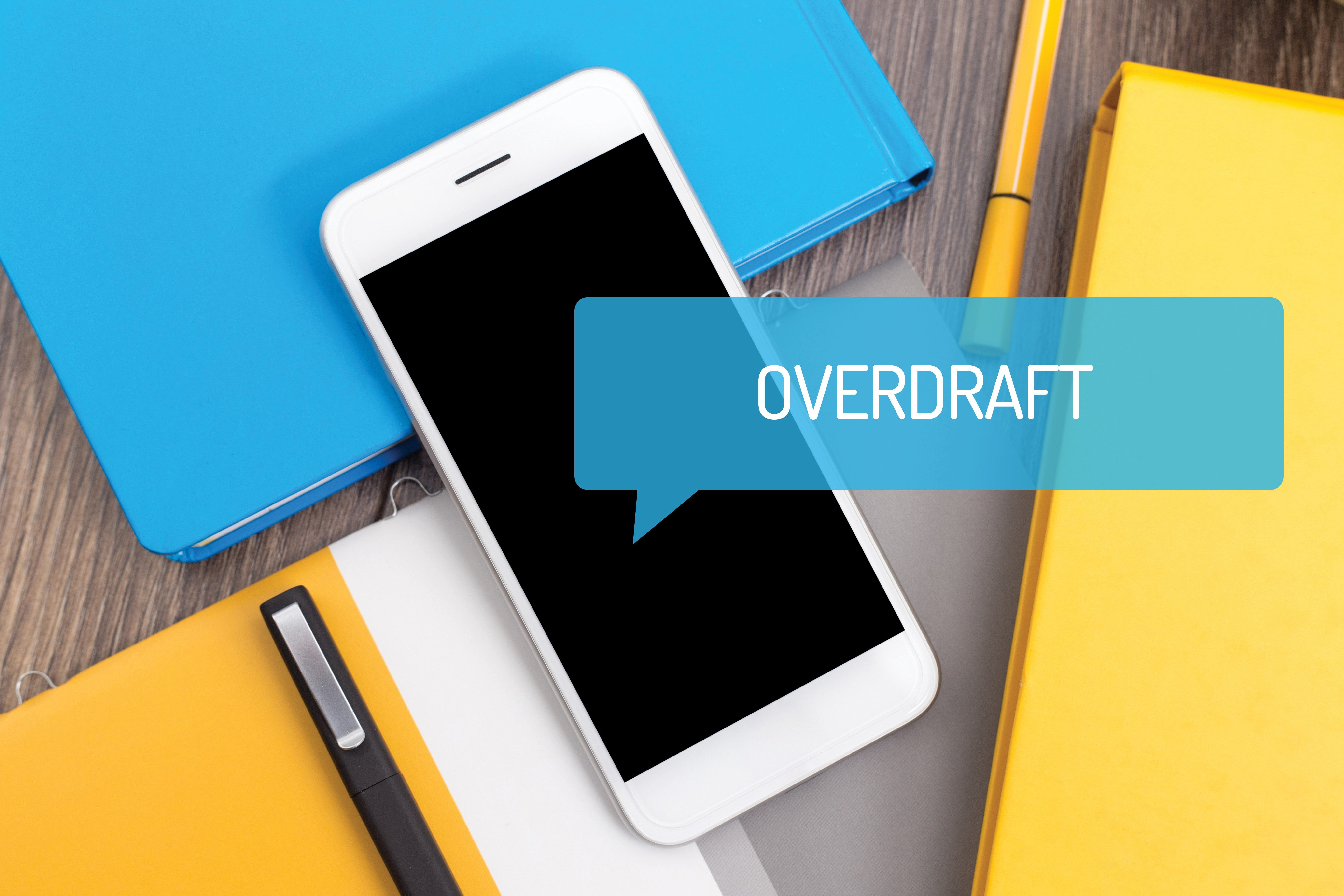
Overdraft fees can feel like an expensive trap. A simple miscalculation, unexpected expense, or a few automatic charges can leave your bank account in the negative – and that’s when overdraft fees can really start to add up. If your account has overdraft protection, you need to be proactive and take steps to ensure you avoid any fees associated with this service.
Let’s take a minute to examine overdraft fees and how to avoid them.
What Are Overdraft Fees?
An overdraft occurs when you spend more money than you have in your bank or credit union account. Instead of declining the transaction, your financial institution covers the shortfall, but charges you a fee to do so.
Overdraft protection serves as a financial safety net – and can be an important benefit in emergency situations. But the associated fees can be steep, often ranging from $30 to $35 per overdraft.
You may even be charged multiple fees in a single day if several payments go through while your balance is negative.
The flip side, however, is that without overdraft protection, your transaction will be declined, either immediately if using a debit card, or at the time the bank returns your check to the person you wrote it to. Also, your credit rating could be negatively affected.
Why This Matters to You
Overdraft fees often hit people with the least wiggle room in their budgets: students, young professionals, and low-income earners. You might think, “I will cover it on payday,” but multiple overdraft fees could easily drain $100 or more from your account — before you even see your paycheck.
Many people don’t realize they signed up for overdraft protection, which is a common feature for many financial institutions to offer customers. Federal law allows you to opt out of this service, but you must take action to do it.
Five Ways to Protect Yourself
You can avoid or limit overdraft fees if you know the rules and take a proactive approach. Here are some key tips:
-
Know Your Status: Contact your financial institution and ask if you are enrolled in overdraft protection for your accounts. You have the right to opt out — meaning your transaction will be declined if you don’t have enough money in your account, but you won’t be charged an overdraft protection fee. However, you could be assessed a returned check/declined transaction fee that could be as much as the overdraft protection fee.
-
Set Up Alerts: Most banks and credit unions offer free low-balance alerts by text or email. You can be notified when your account balance drops below a certain amount, giving you a chance to transfer funds or stop spending before an overdraft occurs.
-
Link a Backup Account: Ask your financial institutions about linking a savings account or credit card to your checking account. This way, if you overdraw, the bank or credit union transfers funds from your other account, often for a much smaller fee (or none at all). Your financial institution may also offer a line of credit linked to your checking account to cover overdrafts up to a set amount. Before taking this option, find out what the interest rate and minimum payments will be, whether payments will be automatically deducted, and whether you will be able to make additional payments to pay off the loan quickly.
-
Track Your Spending: Use free budgeting apps or your financial institution’s mobile app to keep a closer eye on your spending and upcoming bills. A few minutes a week can save you from an expensive mistake.
-
Watch Transaction Timing: Remember, transactions don’t always process in the order you make them. Even if you had enough money when you made the transaction, other payments like automatic bills can come through first, causing an overdraft.
Your Rights
If you believe you were wrongly charged an overdraft fee, or if your financial institution was unclear about your opt-in status, you can file a complaint with the Nebraska Department of Banking and Finance by calling 402-471-2171 or using our online complaint tool.
